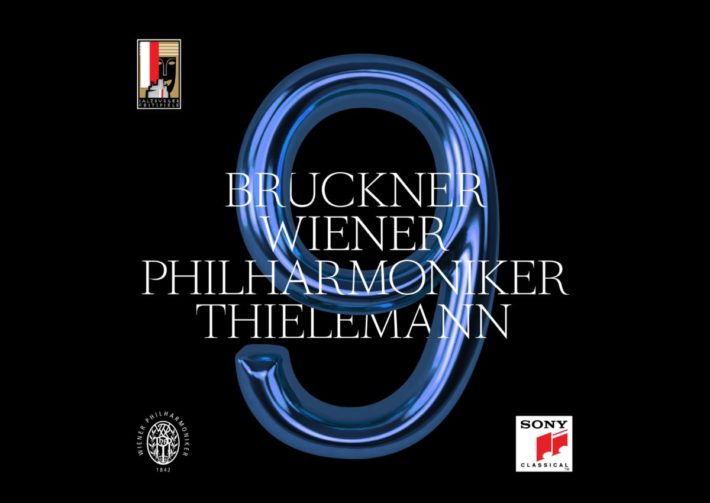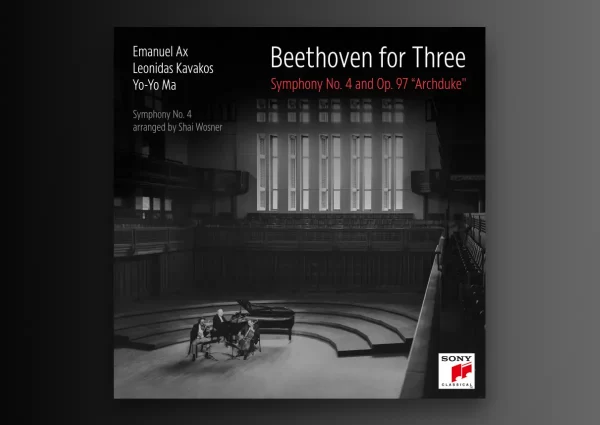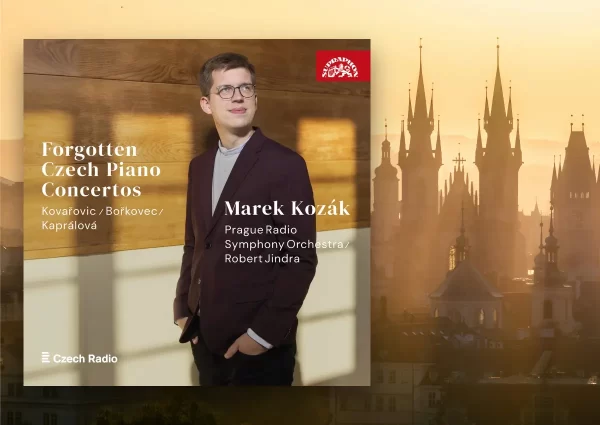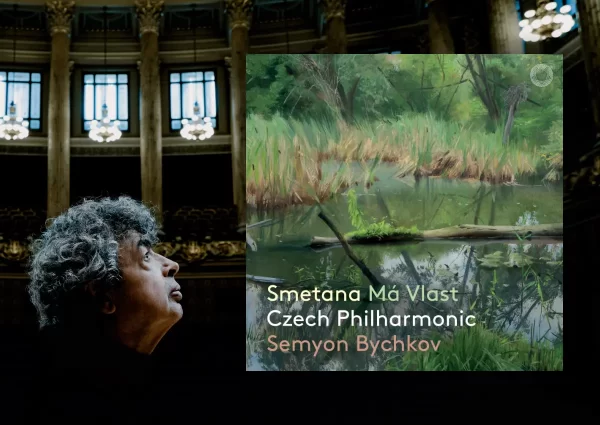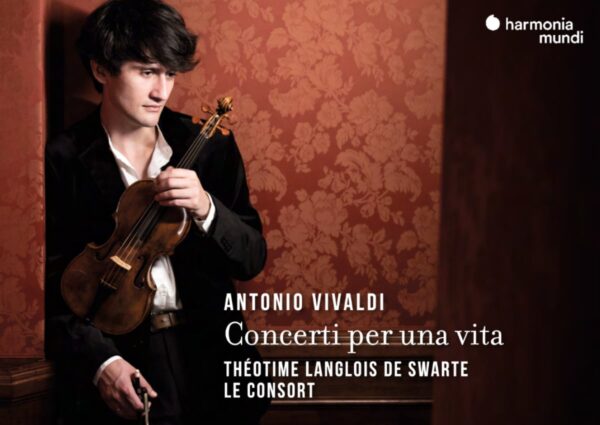Thielemann’s latest Bruckner cycle (in both video and audio format) continues. Once again, the playing of the Vienna Philharmonic is unassailable. Strings are golden toned and ripely sonorous, though there are many instances in which one is struck by the slender, delicate colors they offer. The woodwinds, beautifully balanced, have more presence in the texture than their Berlin colleagues in the recordings led by Barenboim and Wand. Brass has tremendous strength and weight, the timpani clear though at times lacking in presence, in part a result of Sony’s engineers placing the microphones to capture more of the Grosses Festspielhaus ambiance. Nevertheless, there is an entirely natural sounding transparency (which cannot be said of DG’s sound for Giulini’s Vienna recording of this same symphony). In short, it would be hard to imagine a more beautiful orchestral sound.
Thielemann, too, is consistently impressive – in the past he has sometimes set lethargic tempos, but here they are all mainstream, and, in many instances, faster. This new reading takes 57’37”, faster than Blomstedt/Gewandhaus (Accentus), Barenboim and Karajan (both Berlin, Warner Classics and DG respectively), and Giulini/Vienna (DG). Yet nothing ever seems rushed, and he also ensures an organic logic between sections that has, on earlier recordings, eluded him.
And yet, despite these significant positive attributes, the reading proves disappointing because Bruckner’s complicated web of emotions is not realized. The first movement’s opening minutes promise good things, but when the climax arrives (2’14”) brass are kept on a tight leash, negating any sense of menace. The second subject (3’23”) is emotionally reticent when compared to the Blomstedt and Karajan readings. Again, at 6’19” the darker emotional colors Barenboim reveals are barely hinted at. And while it is impressive and interesting to hear every strand of Brucker’s score so clearly elucidated at 12’00”, when the music begins its inexorable buildup towards the movement’s most terrifying climax, it comes across as merely powerful and weighty, whereas with Karajan or Honeck/Pittsburgh (Reference), the moment is expressively devastating. Thielemann’s main interpretative priority seems to be beauty for beauty’s sake.
Related Classical Music Reviews
- Review: Bruckner – Symphony No. 2 – Vienna Philharmonic, Thielemann
- Review: Bruckner – Symphony No. 3 – Vienna Philharmonic Orchestra, Thielemann
- Review: Bruckner – Symphony No. 4 – Vienna Philharmonic, Thielemann
Tempos in the second movement are perfect, but again, shouldn’t there be menace in those loud chords at 0’36”? There is a wide variety of colors, fabulous articulation, and plenty of orchestral detail, but the emotional temperature is too low. It rises with the oboe’s in the second trio, but the return of the opening material again bathes the listener in an aural beauty that does not capture the emotional intensity this music contains.
In the glorious Adagio, listen to how both the first and second subject are played with a leaner tone than is often the case. Shouldn’t the second subject have a darker, richer color compared to the first? Instead, my attention is drawn to how lovely the secondary accompanying material is. By now I knew what to expect, and that terrifying dissonant climax has power and weight but is declawed. The peacefulness of the ending feels superficial because there has hardly been any struggle to achieve that peace.
I may be in the minority here. Reviews of Thielemann’s conducting of the Chicago Symphony in October 2022, or his more recent visit to Carnegie Hall (with the Vienna Philharmonic), have described his Bruckner as a transcendental experience. That is not my experience here, but I am not arguing Thielemann is simply offering superficial beauty without any real emotional depth. Perhaps Thielemann, knowing Bruckner’s deep religious faith (the work is dedicated ‘dem lieben Gott’) believes that his faith was so steadfast that it never allowed for conflict or doubt. Thielemann’s interpretation makes sense if one believes faith is a continuous source of beauty and comfort – but I experience faith far differently (and believe that Bruckner did too), and perhaps that is why this reading alienates me. One can admire this reading for its undeniable beauty and expert pacing, but there is far more emotional complexity and connection in the other performances referenced above.

Bruckner Symphony No. 9, WAB 109 (ed. L. Nowak)
Vienna Philharmonic Orchestra
Christian Thielemann – Conductor
Sony Classical, CD 19658729902
Recommended Comparisons
Read more classical music reviews or visit The Classic Review Amazon store
Follow Us and Comment:
Get our periodic classical music newsletter with our recent reviews, news and beginners guides.
We respect your privacy.

